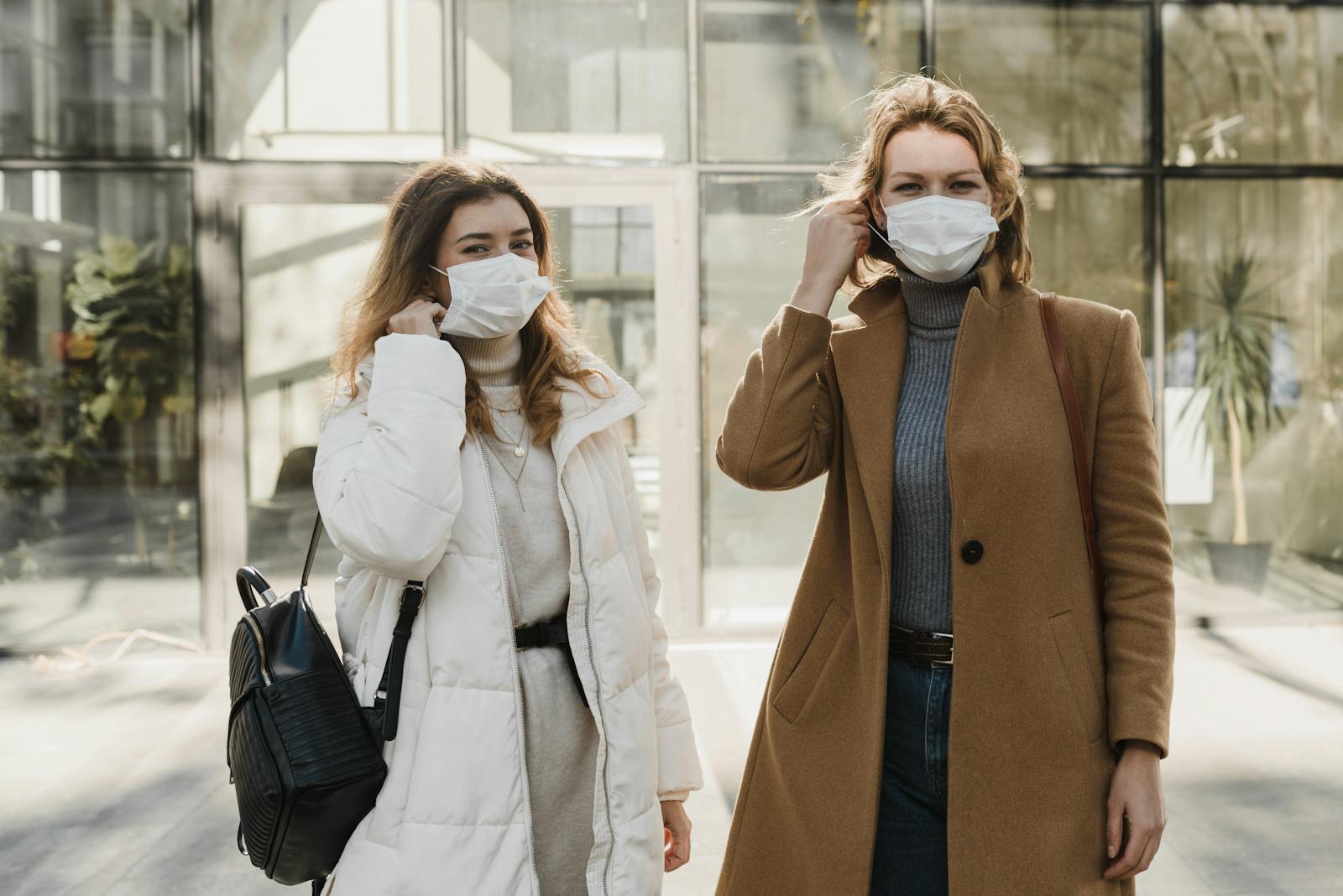Choosing the Right Allergy Medication: A Virginia Perspective
Comprehensive Allergy Tips: Choosing the Right Allergy Medication for Relief in Virginia – Expert Insights on Managing Allergies Effectively in Your Local Community
Essential Allergy Tips for Virginia Residents
Allergies are a common affliction for many Virginians, affecting daily life in various ways. Whether it’s seasonal pollen or indoor allergens like dust mites and mold, understanding how to manage these irritants is crucial. In this guide, we will explore effective Allergy Tips and the importance of Choosing the Right Allergy Medication: A Virginia Perspective.
Understanding Common Allergens in Virginia
Virginia’s diverse environment means a variety of allergens. From the blooming dogwoods in spring to the humidity that encourages mold growth in summer, residents must be prepared. Here are some common allergens to watch for:
- Pollen from trees, grasses, and weeds
- Mold spores, especially in damp areas
- Dust mites in bedding and carpets
- Animal dander from pets
Monitoring Pollen Counts
One of the most effective Allergy Tips involves keeping an eye on the local pollen counts. Various weather services provide daily pollen forecasts, enabling residents to plan outdoor activities accordingly. During high pollen days, limit outdoor exposure, especially during early morning hours when pollen levels tend to be elevated.
Indoor Allergy Management
While outdoor allergens are a significant concern, indoor allergens can also wreak havoc on your health. Here are some strategies to mitigate indoor allergies:
- Regularly wash bedding in hot water to eliminate dust mites.
- Use HEPA filters in your home’s HVAC system.
- Maintain low humidity levels with dehumidifiers.
- Keep pets out of bedrooms to reduce dander exposure.
Choosing the Right Allergy Medication: A Virginia Perspective
When it comes to allergy treatment, selecting the appropriate medication can make all the difference. In Virginia, residents have access to various over-the-counter and prescription options, including antihistamines, nasal sprays, and decongestants. Consulting healthcare professionals can provide tailored advice based on specific symptoms and lifestyle factors. Understanding your options is crucial for effective management of allergic reactions.
Natural Remedies for Allergies
In addition to conventional medications, some individuals explore natural remedies to alleviate their symptoms. Here are a few popular options:
- Local honey, which may help build immunity to local pollen.
- Saline nasal rinses to clear nasal passages of allergens.
- Herbal supplements, such as butterbur or quercetin, though always consult a physician before use.
The Importance of Allergy Testing
Allergy testing can pinpoint specific allergens that trigger reactions in individuals. It is a valuable tool for anyone suffering from chronic allergy symptoms. Knowing precisely what causes your allergies allows for more effective strategies and aligns with the approach of Choosing the Right Allergy Medication: A Virginia Perspective, ensuring that treatments are tailored to your exact needs.
Staying Informed and Proactive
Managing allergies is an ongoing process that requires vigilance, especially in a region with diverse allergens like Virginia. By staying informed about pollen counts, employing indoor allergy management techniques, and understanding the best medications available, you can greatly improve your quality of life. For personalized advice on Choosing the Right Allergy Medication: A Virginia Perspective, consider engaging with local healthcare professionals who specialize in allergy treatment.
Keywords: allergy tips, choosing the right allergy medication, Virginia allergy care, seasonal allergies, allergy symptoms, allergy relief options, over-the-counter medications, Virginia allergy specialists, common allergens, allergy testing, effective treatments, holistic allergy solutions, managing allergies, Virginia wellness resources, personalized allergy care
news via inbox
Stay Connected
Specializing in:








